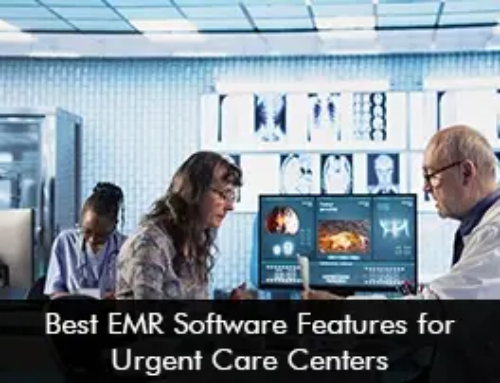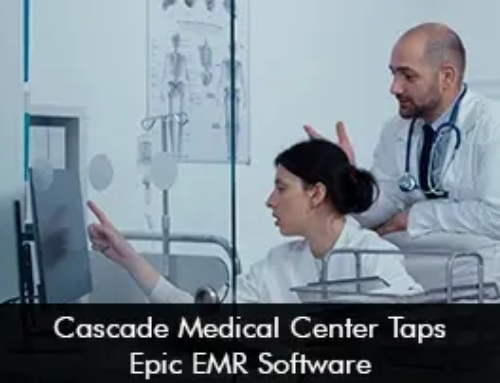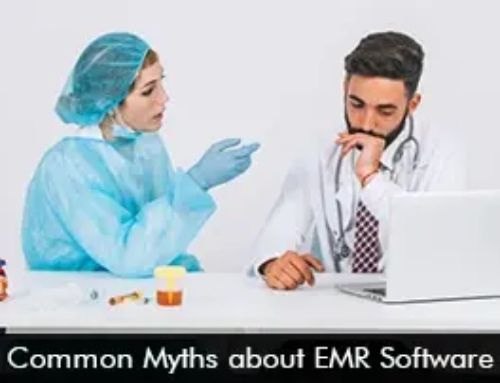Healthcare organizations in the United States have widely embraced the technology of Electronic Medical Records (EMR) Software. 2021 statistics have revealed that 78% of office-based physicians and 96% of non-federal acute care hospitals have implemented certified EHR Software. When healthcare providers make use of EMR Software they can simplify tedious documentation, improve patient care, and smoothly collaborate with other clinicians.
Some Prominent EHR Software Vendors in the US
- DrChrono EMR Software – Users prefer this system for medical billing.
- Tebra EHR Software – A perfect choice for small practices.
- Athenahealth EMR Software – Strong in reporting functionalities and RCM solutions.
- Epic EHR Software – Robust features of interoperability and a user-friendly interface.
- Cerner EMR Software – Preferred by multiple-site organizations.
How can EMR Software empower providers?
Comprehensive Patient Data
Electronic Medical Records software provides a comprehensive and detailed overview of a patient’s medical history, including diagnoses, prescriptions, lab findings, and treatment plans. This allows providers to make better-informed decisions at the point of care. Data entry is automated which helps to reduce any errors associated with manual data entry. Therefore data in EMR systems is accurate and up-to-date.
Automation Boosts Productivity
Efficiency and productivity prevail when providers deploy EHR Software. By automating administrative processes like billing, scheduling, and charting, electronic health records software frees up more time for clinicians to spend with patients. Automating a lot of common procedures helps minimize delays and personnel effort.
Care Coordination and Communication
EMR software can easily exchange patient data across various providers and specialists as well as interface with other healthcare systems. This guarantees constant and coordinated care. By removing barriers to communication, features like encrypted texting let healthcare professionals and patients communicate more successfully.
Patient Safety and Improved Decision Making
The alert functionality in Electronic Health Records (EHR) Software aids clinicians to make safe and correct patient care decisions. Automatic alerts provide red flags if there is medication duplication or when the wrong medicine is being prescribed to the patient. The EMR Software tracks back patient history empowering providers to prescribe safe medication to each of their patients.
Ending Note
Without a doubt, EHR Software has revolutionized healthcare delivery and has played a significant role in streamlining daily processes. This has given more time to providers to focus on what they love to do which is taking care of their patients. Providers should select an EMR System that offers ease of use and the right features so they feel empowered rather than dissatisfied. A user-friendly software interface can enhance user experience and allow clinicians to complete tasks easily and quickly.








